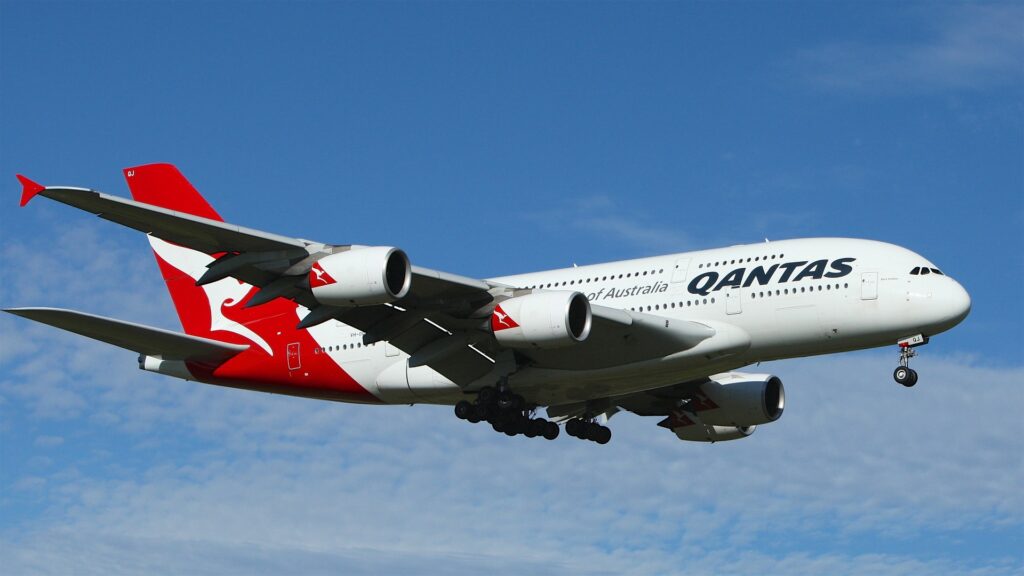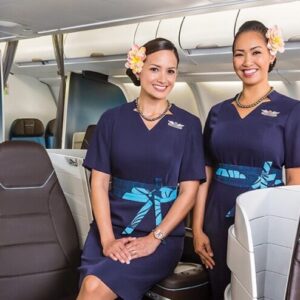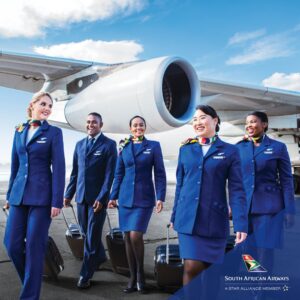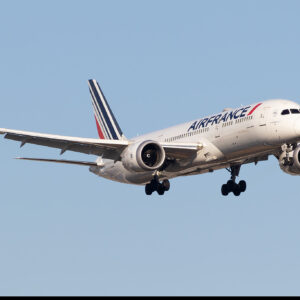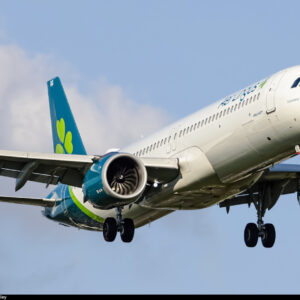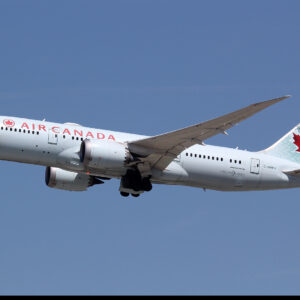The Qantas Group has announced plans to create over 8,500 new jobs in the Australian aviation industry over the next decade as it moves from recovery to growth. The roles will include pilots, engineers, cabin crew, and airport staff. These jobs are driven by investments in new aircraft and increased flying to meet long-term demand through Qantas, Jetstar, QantasLink, and Qantas Freight.
The group plans to hire more than 30,000 frontline staff over the next ten years to account for regular attrition as well as growth. By 2033, the Qantas Group anticipates a total staff of approximately 32,000, compared to the current workforce of 23,500.
The group updated its fleet plan with orders and purchase rights for up to 299 narrowbody and 12 widebody aircraft for delivery over the next decade. The next-generation aircraft will reshape the group and its network. The group has also announced the addition of up to 22 mid-life and wet-leased aircraft to meet growth from multiple sectors, including leisure travel, freight, and the resources industry.
In addition to recruitment, the Qantas Group has made a massive commitment to training, creating a long-term pipeline of talent for the Qantas Group and the Australian aviation industry more broadly. The group will establish the Qantas Group Engineering Academy in Australia, with the capacity to train up to 300 engineers a year. The academy will provide aviation engineers for the Qantas Group as well as the broader aviation industry, including defence contractors and general aviation. A particular focus will be encouraging more women to consider a career as an aircraft engineer.
The Qantas Group alone will need around 200 new engineering recruits every year to meet growth as well as attrition as current engineers retire. A new training pipeline is necessary as the number exceeds the current national supply of new aviation engineers each year. Qantas plans a multi-million-dollar investment to establish the Engineering Academy, which will welcome the first students in 2025.
Alan Joyce, the CEO of Qantas Group, emphasised the importance of aviation to Australia and the need for a significant skills pipeline to support it. Qantas plans to operate effectively by creating new jobs and investing in training, given that aircraft orders are made up to ten years in advance. Joyce added that the Engineering Academy will produce up to 300 trained people a year that will meet Qantas’ needs as well as Australia’s broader aviation ecosystem. The group looks forward to working with the industry, training organizations, unions, and governments to finalise details for the engineering academy.


